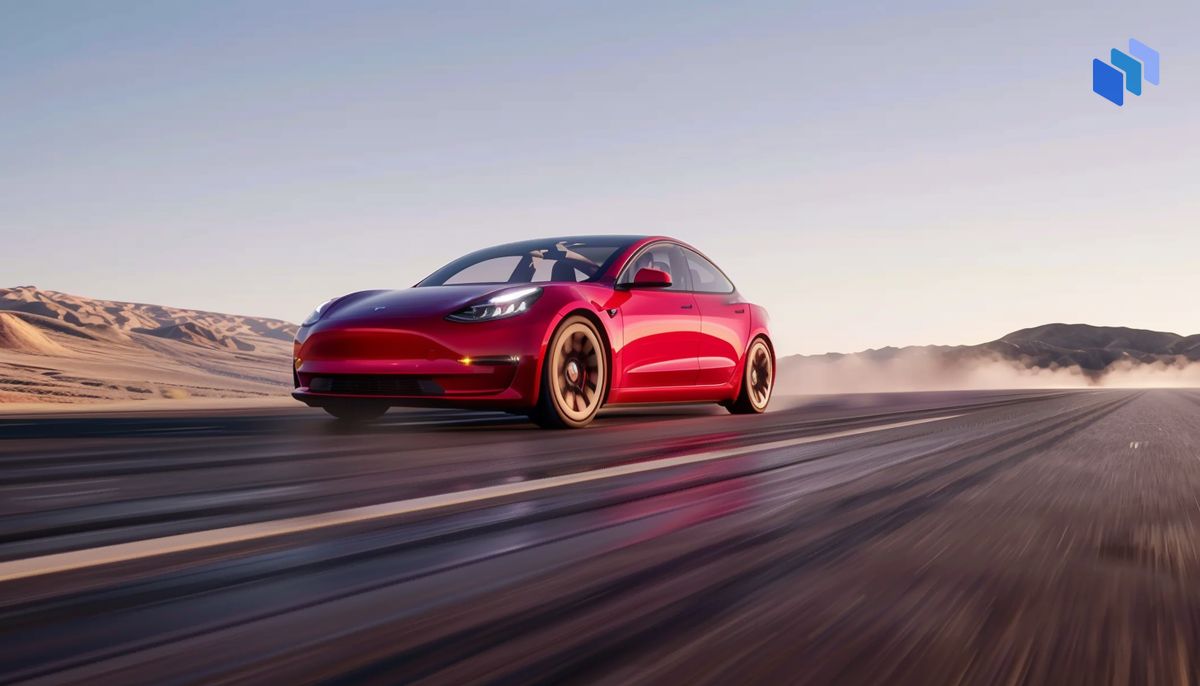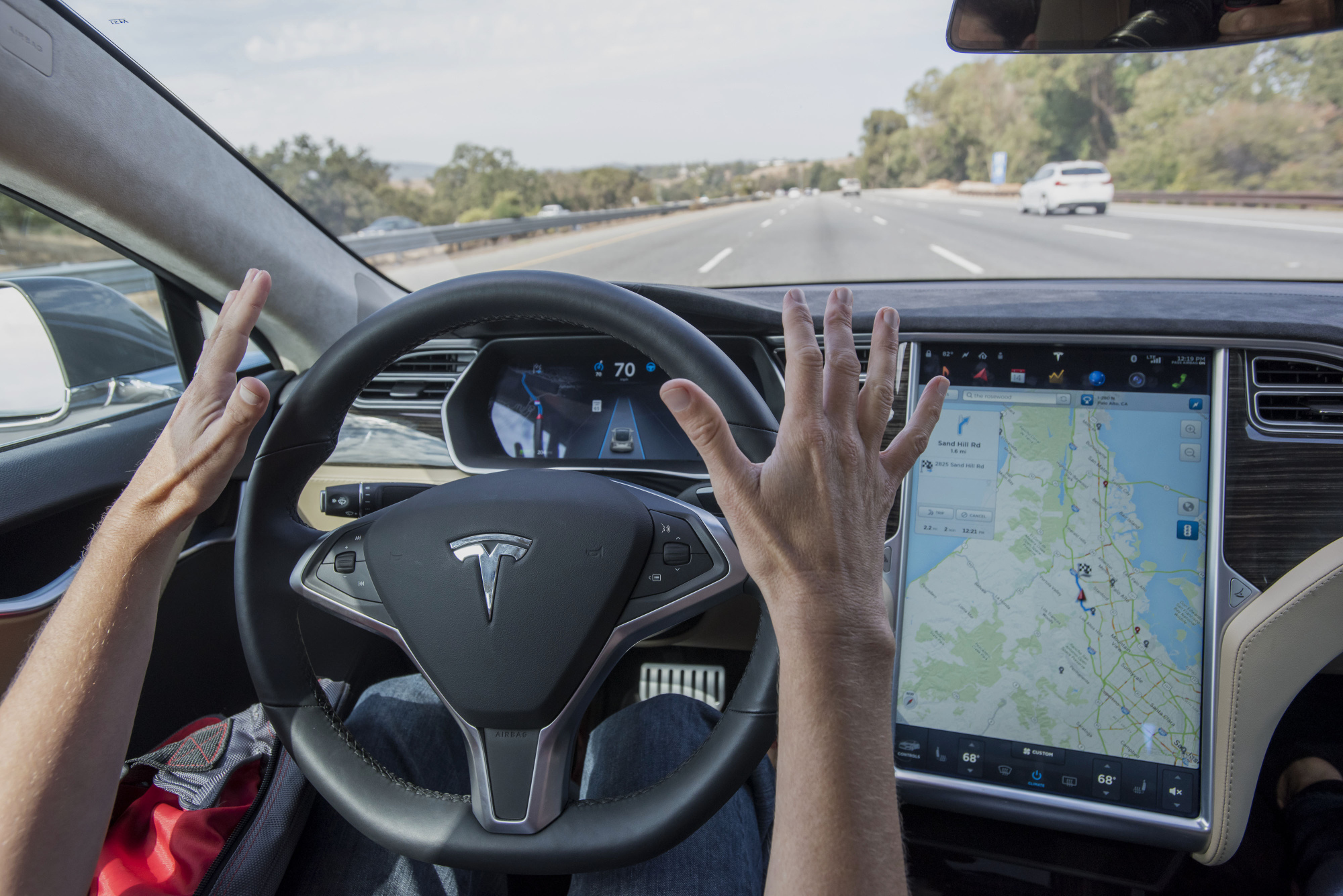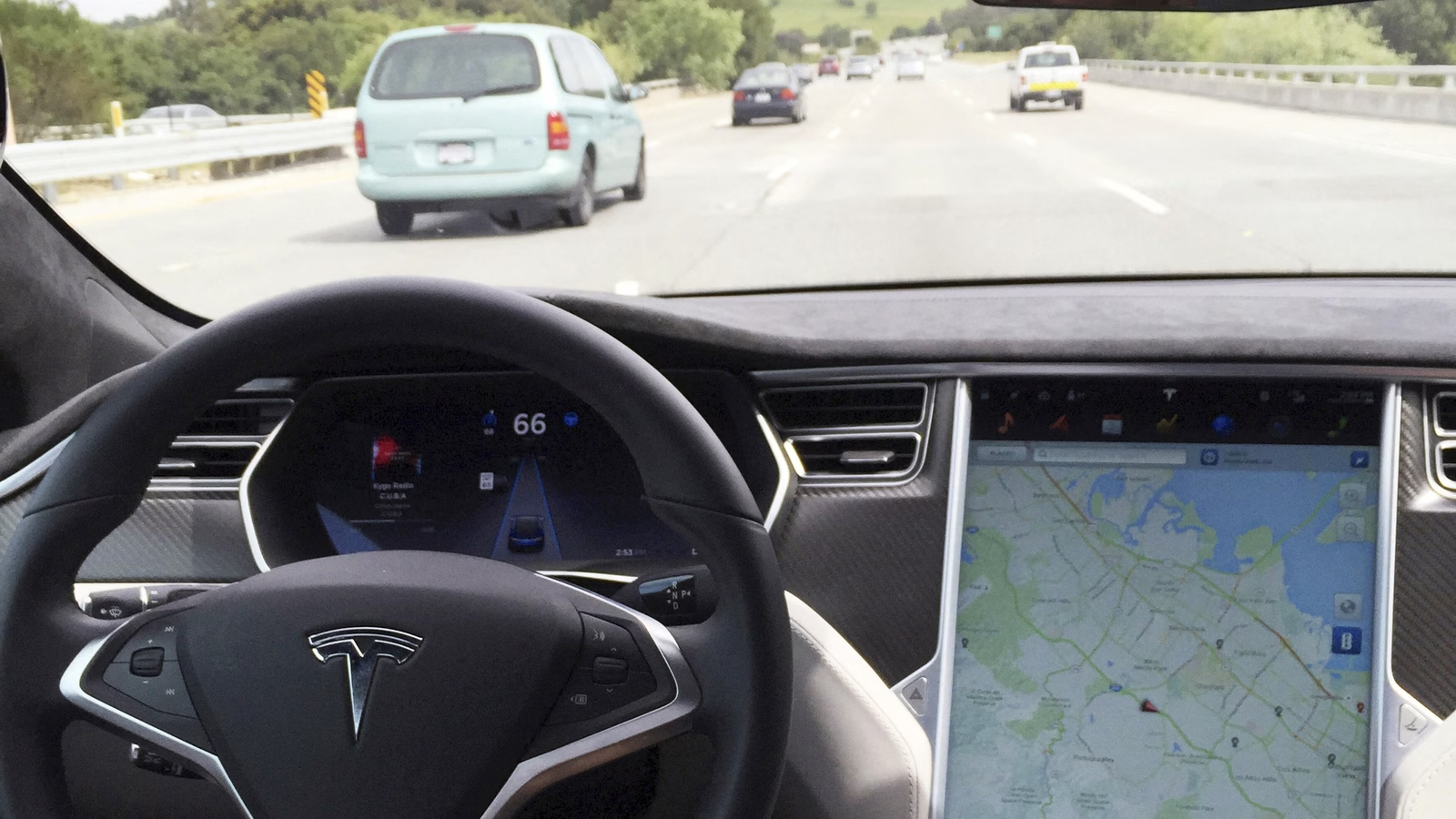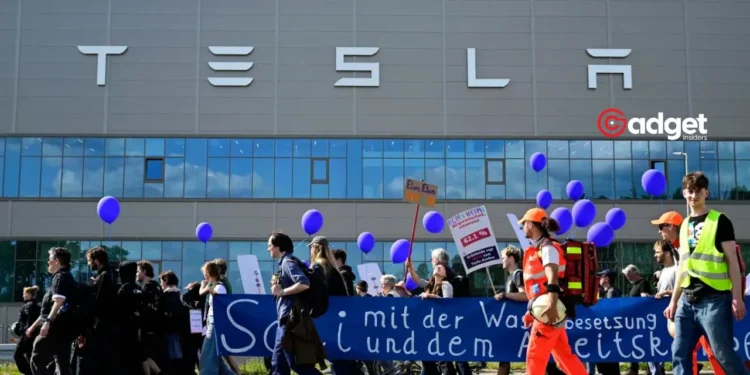In a pivotal moment for Tesla, a California court has ruled that the electric vehicle giant must face allegations of fraud regarding the self-driving capabilities of its cars. This decision marks a significant development in the ongoing debate over the true autonomy of Tesla’s vaunted Autopilot technology.

The Promises Versus Reality
Thomas LoSavio, a California resident, brought forth the lawsuit after purchasing a 2017 Model S. This model was equipped with what Tesla branded as “Enhanced Autopilot” and “Full Self-Driving Capability.” The crux of LoSavio’s argument hinges on claims, spearheaded by CEO Elon Musk, began making in October 2016.
These claims suggested that company vehicles not only possessed the necessary hardware for full autonomy but also projected that these cars would soon navigate cross-country trips entirely on their own.

U.S. District Judge Rita Lin, presiding in the Northern District of California, allowed the fraud allegations to progress, emphasizing the specific representations made by company about its vehicles’ capabilities.
Although some of LoSavio’s claims were dismissed, the court found substantial ground to explore the allegations tied to Tesla’s promises of complete self-driving technology and the assertion of a Tesla car driving itself from Los Angeles to New York City “by the end of next year without the need for a single touch.”

A Pattern of Alleged Misrepresentation
Company has faced scrutiny not only for these bold assertions but for what many see as a systematic pattern of misleading consumers about the stages of its automation technology. The lawsuit points out that despite company’s claims, their vehicles remain at Level 2 automation, according to the Society of Automotive Engineers (SAE). This level, known as “Partial Driving Automation,” requires the driver’s constant oversight, contradicting Tesla’s claims of full autonomy.
The ruling highlights:
“If Tesla meant to convey that its hardware was sufficient to reach high or full automation, the Second Amended Complaint plainly alleges sufficient falsity.”
Moreover, Judge Lin acknowledged that the statements regarding the cars’ self-driving hardware and Musk’s ambitious cross-country driving claims “reasonably misled” LoSavio into believing in the car’s capabilities.
The Broader Implications for Tesla and Autopilot Technology
This legal hurdle for the company opens up broader discussions about the marketing of autonomous driving technologies and the responsibilities of automakers to deliver on their promises. With LoSavio seeking class-action status, this case could set a precedent affecting not only the company but the entire automotive industry’s approach to developing and advertising advanced driver-assistance systems (ADAS).
As Tesla prepares to defend its Autopilot technology in court, the outcome of this lawsuit could have far-reaching implications for consumer trust and the regulatory landscape of autonomous vehicles. It underscores the fine line between visionary promises and the practical realities of technological innovation in the high-stakes world of automotive manufacturing.










